Growing veggies in your kitchen garden is a healthy way to save on money and enjoy fresh organic produce at home. When done right, even the smallest spot can provide plenty of fruits and vegetables with a substantial amount of savings on your grocery budget.
It only takes a little bit of your time and patience, and a small investment of money for seeds and basic tools, if required. Here are some tips to consider while growing a vegetable garden to save money.
Select vegetables that you use often

To save money, grow vegetables and fruits that you use often in your diet and are expensive in the market. For instance, growing tomatoes, lettuce, herbs, melons, spinach, okra, beans, onions, peppers, cucumbers, etc, can help you save a lot of money.
Check out our grow guides to learn about growing these veggies at home from seed.
Start small

Starting small is always a good idea. Growing plants in huge quantities can be overwhelming for beginners. Plant native veggies that you use in your everyday diet and are easy to grow. Planting the right veggies in the right season will also help you save your time and effort. Do a little research before planting anything, a little research will go a long way. Plan a gardening calendar as per the growing requirements of the veggies. Put them on paper before planting them in your garden.
Visit our vegetable calendar to decide what will be the best options to grow in your garden according to the Indian seasons.
Choose where to plant

After penning down the list of vegetables, you will have to figure out a place for your plants. A spot that receives around 5-6 hours of daily sunlight is an ideal place for your green friends. However, you must consider their requirements before allotting a final spot to them.
Use Organic Fertilizers

Organic fertilizers, unlike chemical fertilizers, can be easily made at home using the natural things at your home. Making organic fertilizers at home is both cheap and easy.
You can create compost using the leftovers from your kitchen. For instance, used tea, fruit peels, coffee grounds, etc., can be repurposed to give essential nutrients to your plants while reducing your carbon footprint. While using containers, you can also choose to use cocopeat to give your plants a head start.
Here is a helpful guide on how to create organic fertilizers at home.
Keep pests at bay

Every gardener's nightmare is to see bugs and pests lurking and feasting on their beloved plants. But keeping an eye out will help you keep them at bay. There are some very simple home remedies that you can practice to keep the pests out of your sight for good. Treating your plants with neem oil spray, soap spray, or essential oil spray can help you prevent your plants.
Here's how to go about preparing pest-repellent sprays at home.
Harvesting at the right time

It is a little nerve-wracking to exactly know when is the right time to harvest the produce. The time to harvest can vary from strain to strain. But the trick is not to be too early or too late. Generally, most high-value produce like fruits, the longer you wait, the more potent or ripe the produce becomes. Going with your gut will help you in such scenarios. Whenever you think it looks the right size, pluck it and enjoy.
Spread the joy (and some food)

Encourage your neighbours to grow food. Trading the extra produce with your neighbours can help you save the wastage and money. It is surprising how something so little can affect your life and make your relationships with others even stronger.
Plant trees

If there is space and time, then planting trees can bring you fruitful results. Prices surge now and then. Remember the recent surge in the prices of lemons? In such scenarios, it will be a blessing to not spend a dime on purchasing them. Just pluck a relish. You can go about growing mango, lichi, papaya, and lemon trees in your garden.
The bottom line

In the end, growing your food is a personal decision, but, a great one. It is necessary to start small and not get overwhelmed by the needs of the plants. One can always expand their gardens with time and experience. Many gardeners start with things that are easy to produce like herbs, mint, chillies, tomatoes and purchase the trickier ones from the market.
Start growing your small vegetable garden with high-quality heirloom seeds from AllThatGrows. Good luck!


 Sign In
Sign In



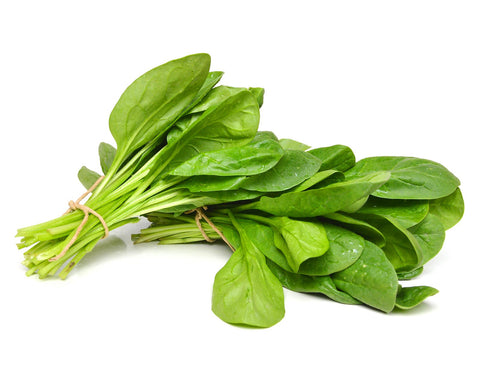
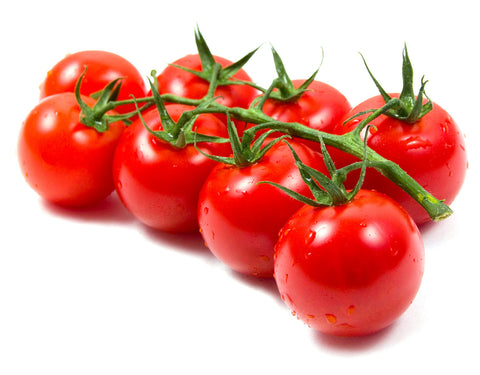
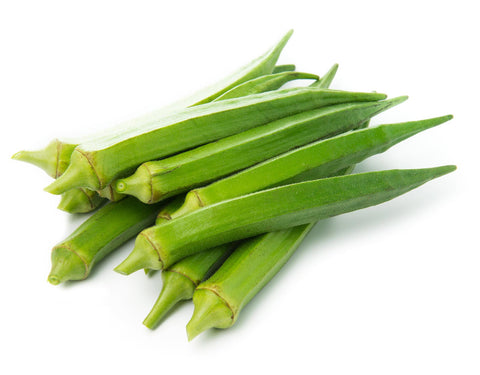
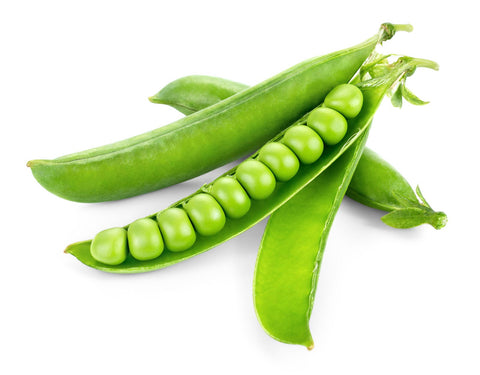
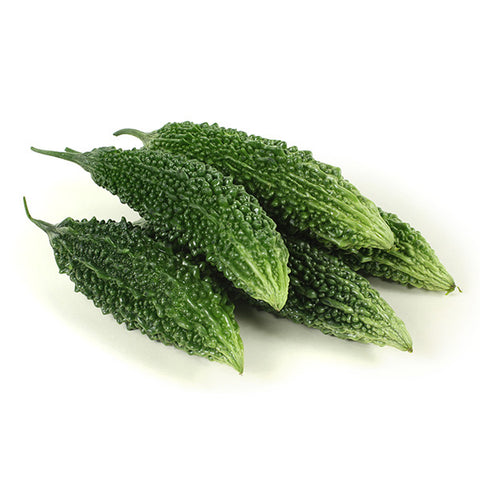
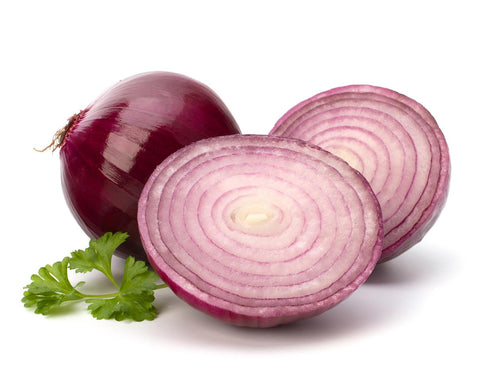
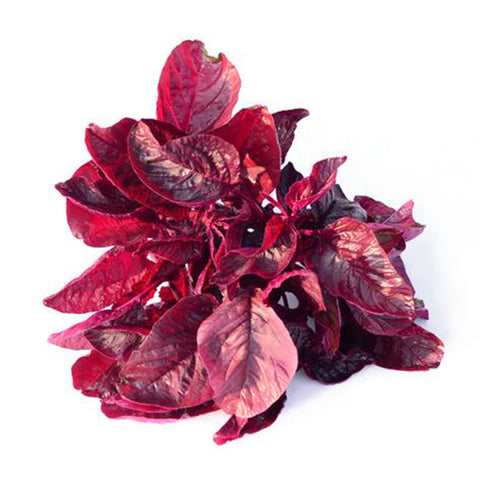
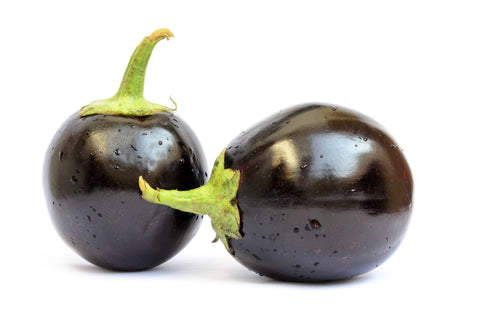
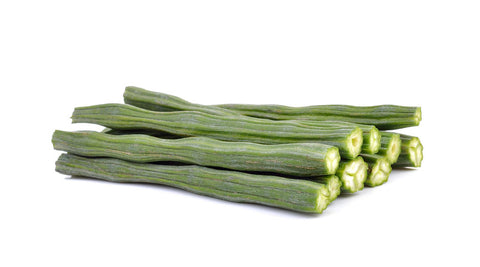







Let us know your feedback
* Comments must be approved before being displayed.